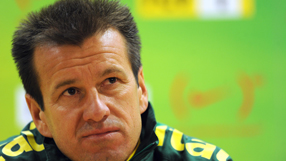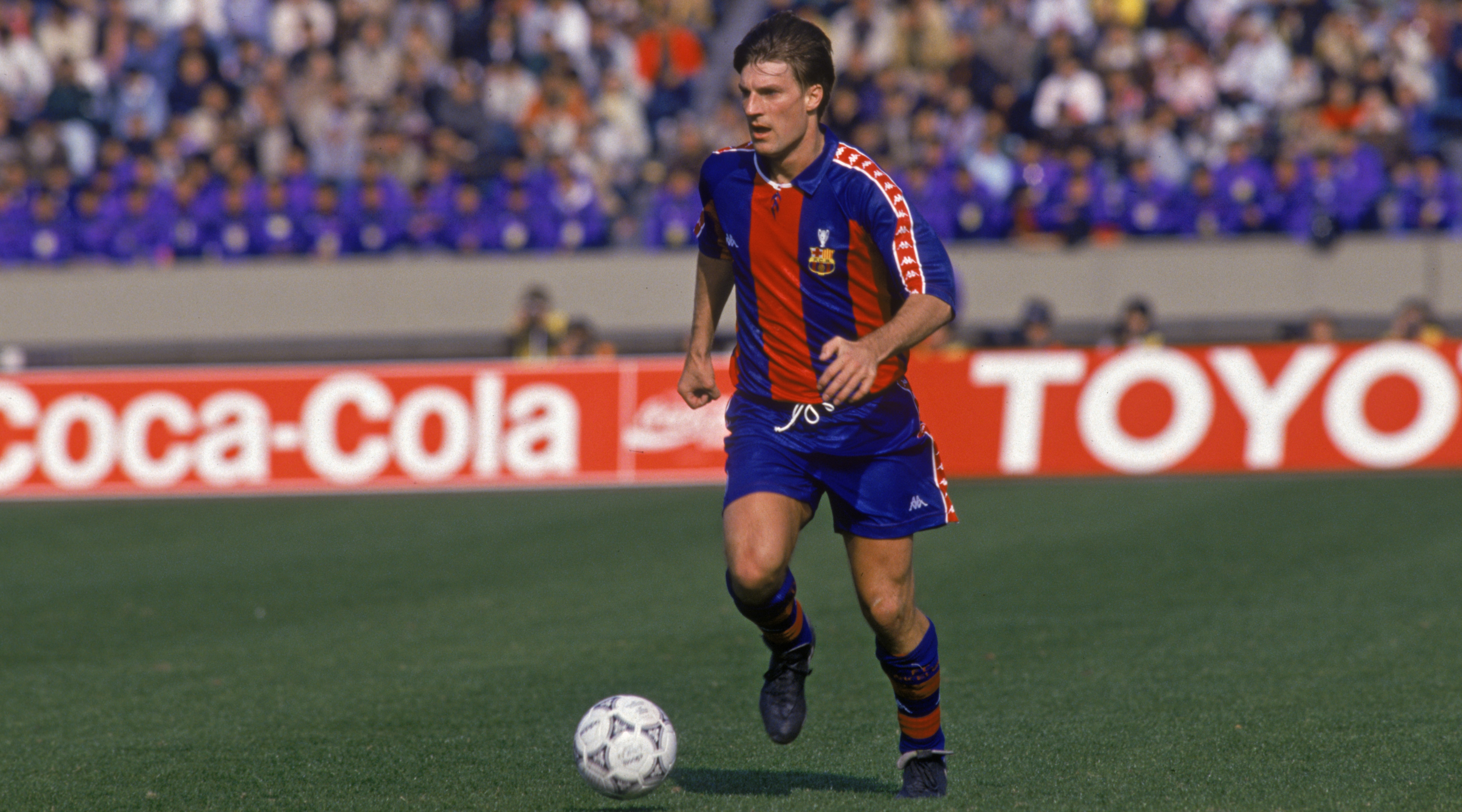
"We're going to play against Brazil's B team," he said after December's draw in Cape Town.
The comment was a reference to the Brazilian-born players in Portugal's team and implied they had changed allegiance because they could not make the grade with their homeland.
At least two of Portugal's probable World Cup squad - midfielder Deco and forward Liedson - were born in Brazil and others may be lining up for other countries, including Marcos Senna for Spain and Cacau for Germany.
Rather than not being good enough for Brazil, these players have slipped through the cracks in a country which churns out enough top-class footballers to make up three or four national teams.
Deco, who scored against Brazil on his Portugal debut in a friendly in 2003, angrily refuted suggestions that he was not worthy of wearing the gold shirt.
"With a career like mine, it would have been normal for me to have played for Brazil," the Chelsea player told the Portuguese sports daily A Bola.
"There are players who have worn that shirt and haven't achieved half of what I have.
The best features, fun and footballing quizzes, straight to your inbox every week.
"Playing for Brazil would be the most natural thing in the world for a player who won everything with Porto, was an uncontested first-team regular at Barcelona for four years and plays for one of the world's biggest clubs.
DIFFERENT GAME
"Of course it's a special match because I'm Brazilian and have been connected to Brazil all my life," he said referring to the Group G clash with Brazil in Durban on June 25.
"It's a different game to the others but of course I want to win.
"I will defend the Portuguese shirt until the end...and if I score no Brazilian can see this as a betrayal against the country where I was born."
Liedson was also looking forward to the challenge in South Africa.
"It will be spectacular," he told FIFA.com. "I was born in Brazil and I really love my country but I will give everything for Portugal to win. This game is like a final."
The use of naturalised players has been a thorny subject in international football.
In the early days, rules were lax and European countries were able to poach players from South America.
In the 1960s, Alberto Spencer, who was born in Ecuador and played for Penarol in Uruguay, represented both countries and switched between them, playing competitive games for the former and friendlies for the latter.
FIFA tightened the rules in 2004 after Qatar tried to naturalise three Brazilians while Brazilian-born footballers also popped up in the national teams of Croatia, Macedonia, Equatorial Guinea and Togo, many of them imported for the specific purpose of strengthening national teams.
REAL DANGER
Belgium, Costa Rica, Japan, Mexico and Tunisia have also used Brazilians in past World Cup finals and, three years ago, FIFA president Sepp Blatter said the World Cup could be swamped with Brazilian players.
"If we don't stop
 Join The Club
Join The Club





